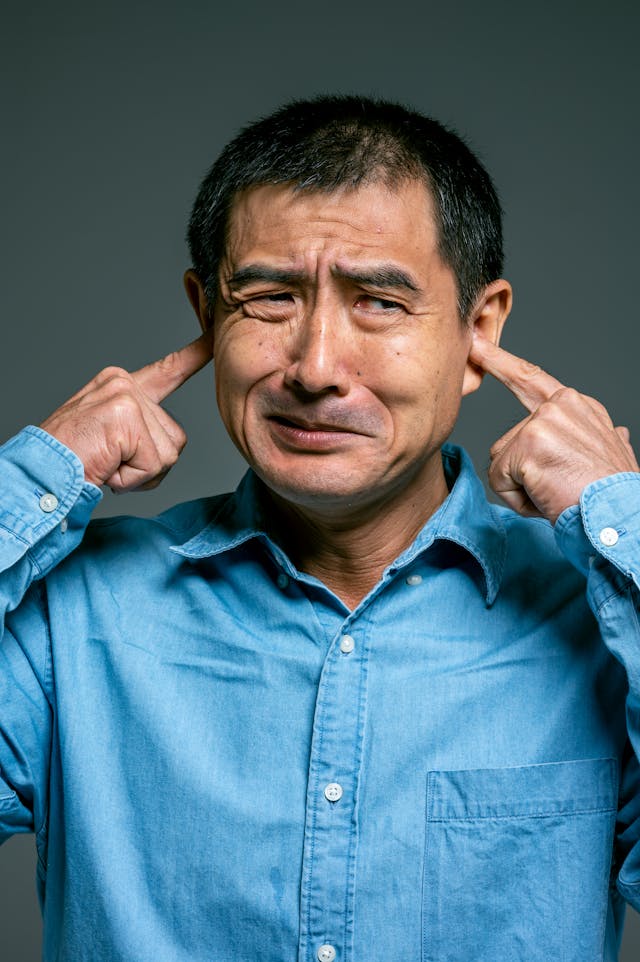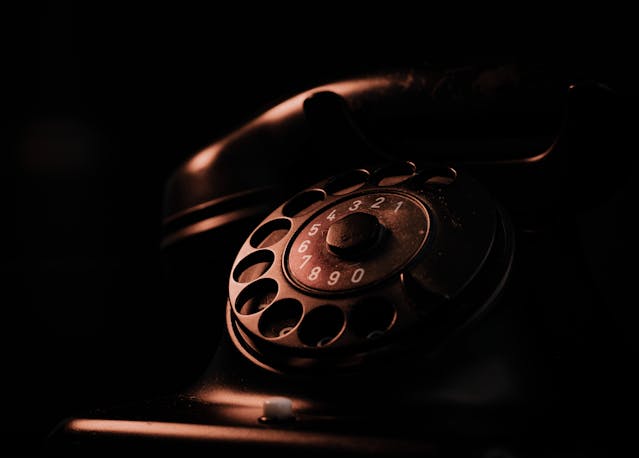 Understanding tinnitus and how to manage it is crucial for the millions of people who experience persistent ringing, buzzing, or hissing in their ears. Tinnitus is not a disease itself, but rather a symptom of an underlying condition such as hearing loss, ear injury, or circulatory system disorders. For residents of New York City and beyond, tinnitus can interfere with concentration, sleep, and overall quality of life — but with the right approach and expert care, it can be effectively managed.
Understanding tinnitus and how to manage it is crucial for the millions of people who experience persistent ringing, buzzing, or hissing in their ears. Tinnitus is not a disease itself, but rather a symptom of an underlying condition such as hearing loss, ear injury, or circulatory system disorders. For residents of New York City and beyond, tinnitus can interfere with concentration, sleep, and overall quality of life — but with the right approach and expert care, it can be effectively managed.
What Is Tinnitus?
Tinnitus is the perception of sound in the absence of an external source. It can affect one or both ears and may vary in pitch, intensity, and duration. People often describe tinnitus as:
- Ringing
- Buzzing
- Hissing
- Clicking
- Roaring
Tinnitus can be classified into two main types:
- Subjective Tinnitus: The most common form, heard only by the person experiencing it. Often linked to hearing loss, ear damage, or neurological issues.
- Objective Tinnitus: A rare form that can sometimes be heard by a doctor during examination. Usually caused by a vascular or muscular condition.
Common Causes of Tinnitus
Tinnitus has many potential causes. Some of the most common include:
- Hearing loss: Age-related hearing loss (presbycusis) or noise-induced hearing loss can both trigger tinnitus.
- Exposure to loud noise: Concerts, construction sites, or even prolonged headphone use can damage the inner ear.
- Earwax buildup: Excessive wax can block the ear canal and change pressure in the ear, leading to tinnitus symptoms.
- Medications: Certain drugs — especially in high doses — are known to cause or worsen tinnitus. These include NSAIDs, some antibiotics, and chemotherapy agents.
- Underlying health conditions: High blood pressure, cardiovascular disease, TMJ disorders, and diabetes can all contribute to tinnitus.
Symptoms and Impact on Daily Life
Tinnitus can range from a mild annoyance to a severe, disruptive condition. Symptoms may include:
- Constant or intermittent noise in one or both ears
- Difficulty concentrating or sleeping
- Heightened stress or anxiety
- Sensitivity to loud sounds (hyperacusis)
These symptoms can lead to emotional distress and impact mental health, particularly if left unmanaged.

How to Manage Tinnitus
While there is no universal cure for tinnitus, several treatments and strategies can reduce its impact and improve quality of life. Managing tinnitus effectively involves a combination of medical evaluation and lifestyle adjustments.
1. ENT Evaluation
If you’re experiencing persistent tinnitus, the first step is a thorough evaluation by an ENT specialist like Dr. Michael Burnett. This may include:
- Hearing tests
- Imaging (if structural issues are suspected)
- Review of medications and medical history
2. Treating Underlying Causes
If tinnitus is linked to an identifiable issue, treating that condition may alleviate symptoms. For example:
- Removing impacted earwax
- Adjusting medications
- Managing high blood pressure or other systemic health issues
3. Sound Therapy
Sound therapy uses external noise to mask or distract from the tinnitus. Options include:
- White noise machines
- Hearing aids with built-in masking features
- Environmental sound apps (ocean waves, rain sounds, etc.)
4. Cognitive Behavioral Therapy (CBT)
CBT for tinnitus can help reduce the emotional distress associated with tinnitus by changing the way patients perceive and respond to it. This therapy is often highly effective in improving quality of life.
5. Tinnitus Retraining Therapy (TRT)
TRT combines sound therapy with counseling to help the brain ignore tinnitus sounds. It’s a long-term approach that can bring relief over time.
When to See an ENT Specialist
You should consult an ENT specialist if:
- Your tinnitus lasts longer than a week
- It interferes with your sleep or daily functioning
- You also experience dizziness, hearing loss, or ear pain
- The sound is only in one ear or has a pulsating rhythm
Dr. Michael Burnett at Ear, Nose & Throat of New York provides expert diagnosis and management of tinnitus using the most advanced tools and treatments available.
Get Help for Tinnitus in NYC
If tinnitus is affecting your daily life, don’t wait to get help. Dr. Michael Burnett and the team at Ear, Nose & Throat of New York are here to offer expert care and personalized treatment plans tailored to your needs.
Contact us today to schedule your consultation:
Ear, Nose & Throat of New York
Michael C. Burnett, MD
115 East 57th Street Suite 600
New York, NY 10022
212-867-4813
https://earnosethroatofnewyork.com/
Take the first step toward managing tinnitus and reclaiming peace of mind — expert care ENT doctor upper east side in NYC.






 Understanding tinnitus and how to manage it is crucial for the millions of people who experience persistent ringing, buzzing, or hissing in their ears. Tinnitus is not a disease itself, but rather a symptom of an underlying condition such as hearing loss, ear injury, or circulatory system disorders. For residents of New York City and beyond, tinnitus can interfere with concentration, sleep, and overall quality of life — but with the right approach and expert care, it can be effectively managed.
Understanding tinnitus and how to manage it is crucial for the millions of people who experience persistent ringing, buzzing, or hissing in their ears. Tinnitus is not a disease itself, but rather a symptom of an underlying condition such as hearing loss, ear injury, or circulatory system disorders. For residents of New York City and beyond, tinnitus can interfere with concentration, sleep, and overall quality of life — but with the right approach and expert care, it can be effectively managed.